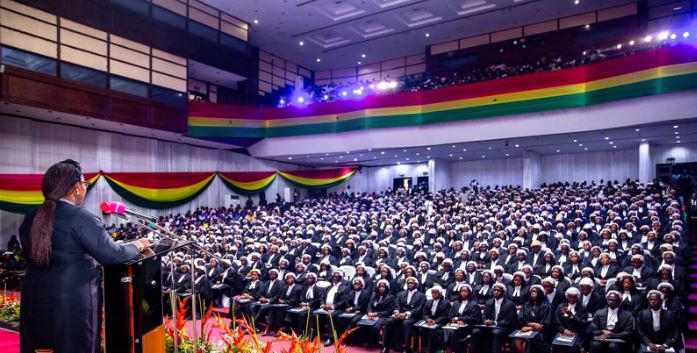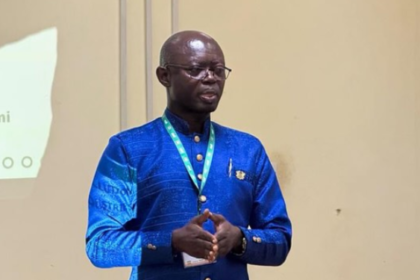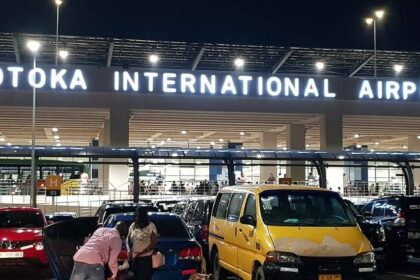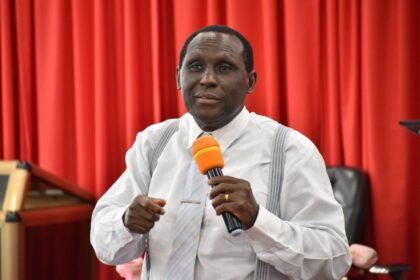Prominent legal practitioner and law lecturer Thaddeus Sory has questioned the transparency and fairness of Ghana’s legal education system, particularly the admission process into the Ghana School of Law and the procedures for Call to the Bar.
Mr. Sory alleged that some individuals are being admitted to the Bar despite not fulfilling the school’s mandatory attendance and participation requirements.
“You suddenly hear that somebody has been called to the Bar, and you wonder when they even attended law school,” he said.
“Given their schedules, it would have been practically impossible for them to meet the school’s lecture attendance and participation policies—yet they’re being called to the Bar.”
Mr. Sory argued that such situations undermine the credibility of the legal education system and called for structural reforms to improve transparency and accountability.
Call for a National Bar Exam
As a solution, Mr. Sory proposed the introduction of a single, national bar examination to assess who qualifies to practice law in Ghana, replacing the current system that relies on entrance exams and interviews for admission into the Ghana School of Law.
“Let everyone write one standard bar exam, regardless of the law school they attend. An independent body should assess who qualifies to be a lawyer—that’s how you ensure fairness,” he suggested.
He noted that while law schools can continue to provide training, the final assessment for legal practice should not be controlled by any one institution, but by an impartial, national regulatory framework.
Reducing Pressure on the GLC
Mr. Sory also advised that the General Legal Council (GLC) should focus on its core regulatory responsibilities, rather than being overly involved in the day-to-day operations of legal education.
“The GLC has a lot on its plate. It should concentrate on regulation and allow legal education institutions to handle training and instruction,” he said.
His comments add to the ongoing debate over legal education reform in Ghana, with growing calls for greater accessibility, transparency, and equity in the path to becoming a lawyer.














